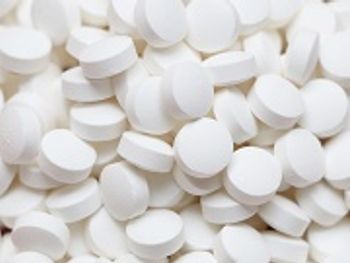
Top news of the day from across the healthcare landscape.

Top news of the day from across the healthcare landscape.

A gut microbe may play a role in the treatment of multiple sclerosis in the future.

Upper respiratory infections cause immune cells to travel to the brain, prompting multiple sclerosis to relapse.

Physical training further minimizes brain shrinkage in MS patients already receiving medication.

New treatments for inflammatory conditions, cancer, and HIV are on the horizon.Â
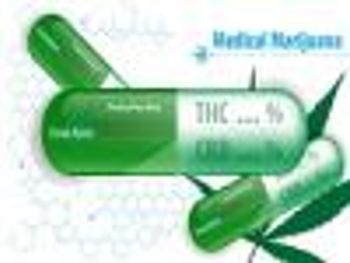
Potential treatment for primary progressive multiple sclerosis is an oral pill consisting of pharmaceutical formulations of purified THC and CBD.

Involving patients in the decision-making process can improve multiple sclerosis treatment adherence and overall quality-of-life.

Over-the-counter therapy could improve overall wellbeing in patients with multiple sclerosis.

Rational design approaches could transform how multiple sclerosis is treated.
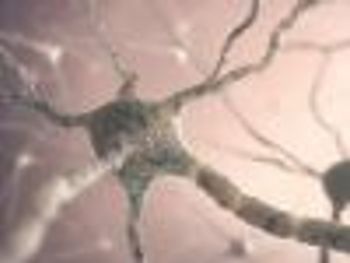
Alemtuzumab treats relapsing forms of multiple sclerosis, but is accompanied with a 50% risk of secondary autoimmune diseases.

Cannabinoid treatment may alleviate some symptoms of multiple sclerosis and IBS, in addition to chemotherapy-induced nausea.

Phase 3 study seeks to further understand the mechanisms of ocrelizumab.

Impairment is unrelated to how long patients have had MS, study finds.

Acne medication can slow the progression of relapsing-remitting MS in patients who experienced their first symptoms.

Express Scripts implements personal care program aimed at improving medication adherence.

The software helps track Interferon beta-1b injections among MS patients.

Annual relapse rates plummet in patients with multiple sclerosis during extension study.

GatherMS aims to fill the resource knowledge gap in the MS landscape.

Patient with MS was previously treated for 3 years with natalizumab, a known trigger of progressive multifocal leukoencephalopathy.
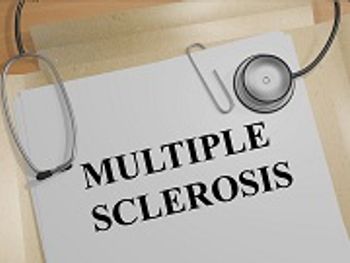
Synaptic loss in the spinal cord could lead to disability in patients with multiple sclerosis.

Fampyra significantly improved walking and enhanced quality of life in patients with multiple sclerosis.

Ocrevus is the first medication approved for primary-progressive MS. Here's what you should know.

Study will assess improvements in mobility and changes in disability in patients with MS.
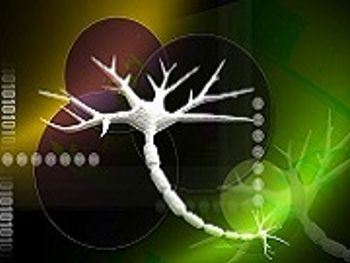
Two new reports discuss contraceptive options for patients with multiple sclerosis.

Adult and pediatric multiple sclerosis may have similar risk factors.